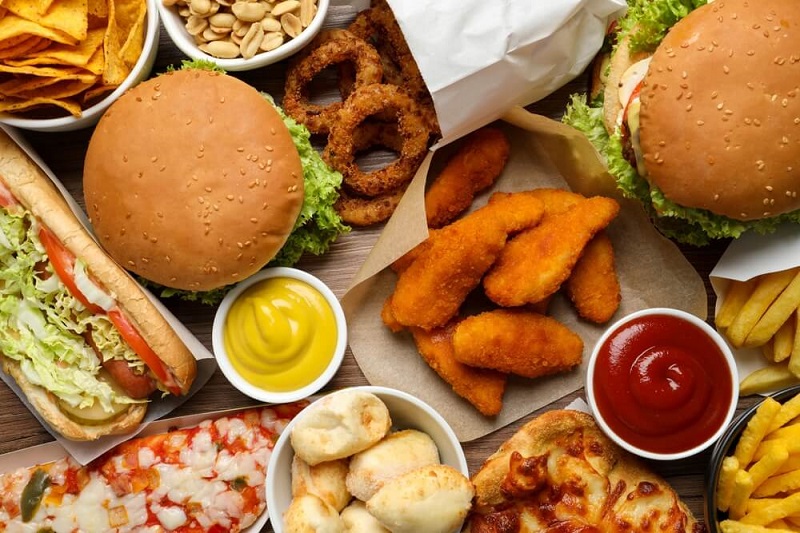California's recently enacted fast food wage law has sparked controversy and concern in the state, as prices at popular chains have already begun to skyrocket.
The law, which mandates a minimum wage of $20 per hour for fast-food workers, went into effect just last week. However, there is one major exception to this law - a carve-out specifically designed for a campaign donor and business associate of Governor Gavin Newsom.
The price hikes at popular fast-food chains in California are already being felt by consumers. For instance, a Big Fish meal at Burger King now costs $4 more than it did before the law was passed, which is a staggering 53% increase. Even the popular double Whopper meal has seen a significant hike of $1.80, a jump of nearly 12%. These steep increases have been met with criticism from both consumers and businesses alike.
The implementation of this new law has also raised concerns about job loss. Large fast food chains, such as Pizza Hut, have already revealed plans to cut jobs in response to the increased wages. This will have a significant impact on employment opportunities for young and less-educated individuals, as well as those from lower-income backgrounds. These unintended consequences of the law are causing some to question its effectiveness and impact on the state's economy.
The true motivations behind this fast food wage law have also come under scrutiny. It has been revealed that one particular business owner, Greg Flynn, who also happens to be a major donor to Governor Newsom, is exempt from the new law. This is due to the fact that his restaurants bake and serve bread as a standalone item, making them technically exempt from the wage requirements. This has led many to question the fairness and corruption involved in the passing of this law.
The impact of this law is not limited to California alone. In New York, a similar minimum wage mandate for food delivery drivers came into effect on April 1st. However, it has already resulted in increased fees for popular food delivery apps such as DoorDash and Uber Eats. Small businesses that rely on these apps are also feeling the strain as they are being forced to absorb these additional costs.
In response to the growing concerns over the fast food wage law, the New York Legislature is considering a bill that would give the power to determine wages and benefits to external boards, rather than individual businesses. This would apply to all sectors covered by minimum wage laws, not just the fast food industry. Critics argue that this would take away the autonomy of businesses and could have far-reaching negative impacts on the economy as a whole.
If these trends continue, it is likely that both California and New York will see a significant increase in prices and job loss as a result of their progressive wage policies. The potential consequences of these laws have earned them the nickname "Hunger Games," as the burden will fall on ordinary consumers and small businesses while the wealthy and well-connected are able to avoid them.
It remains to be seen how these laws will affect the overall economic landscape in these states, but many are expressing concern and urging lawmakers to reconsider their decisions.

